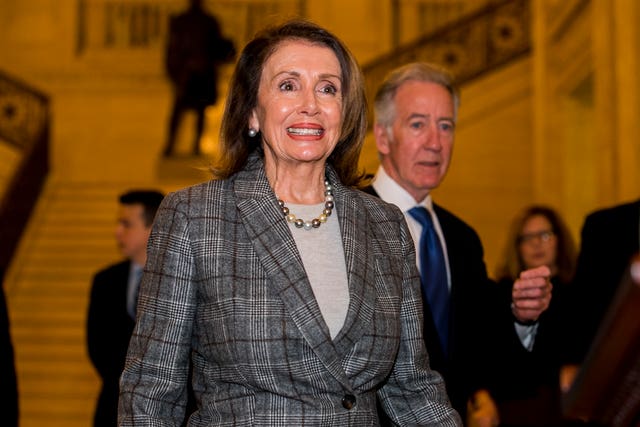
Iain Dale 7pm - 10pm
23 December 2020, 22:04

Channel 4 will raise awareness of deepfakes in its alternative Christmas message for 2020.
Things do not appear as they seem on this year’s Channel 4 alternative Christmas message.
The broadcaster has decided to raise awareness of deepfake technology for 2020, showing a false depiction of the Queen.
So what are deepfakes and why are they of concern?

Deepfakes use ever-improving artificial intelligence and machine learning, allowing people to combine and superimpose existing images and videos of a person to make it look like they have said something they have not.
While these can often be used as humour, they are also open to abuse by those aiming to deceive others, particularly in politics.
Despite renewed concern about misinformation in the past year due to the pandemic, there have been no notable cases of deepfakes used to spread fake news about the coronavirus reported as yet.
It is possible to tell if a video is deepfake as faces do not always look quite right but they are getting harder to spot as the technology evolves.
Facebook came under the spotlight in 2018 for allowing an altered video of US House Speaker Nancy Pelosi to remain on its platform and go viral, which made the congresswoman’s speech appear slurred.
Social network chief Mark Zuckerberg later admitted Facebook took too long to notice the edited video and ultimately decided to crack down on deepfake videos in the lead-up to the 2020 US presidential election.

Google revealed in September 2019 that it had created thousands of manipulated deepfake videos with actors, in a bid to help researchers build and train automated detection systems to spot clips.
According to research by Sensity.ai for a Channel 4 Deepfakes documentary into the matter, more than 60,000 deepfake videos were identified on the internet in the last 12 months.
“The UK, it is a very significant target,” said Sensity’s Giorgio Patrini.
“If you look at worldwide statistics, we actually calculated about a 10% of the deep fake video, that we know of on the internet, would feature victims that are British nationals.
“Most of the targets, most of the victims that we see in the fakes are coming from the entertainment industry, the reason why we see that UK up there in the statistic is mainly due to the exposure of the British culture around the world, because that make interesting to feature those people in a video.”
Deepfakes: Can You Believe Your Eyes airs on Channel 4 on December 28.